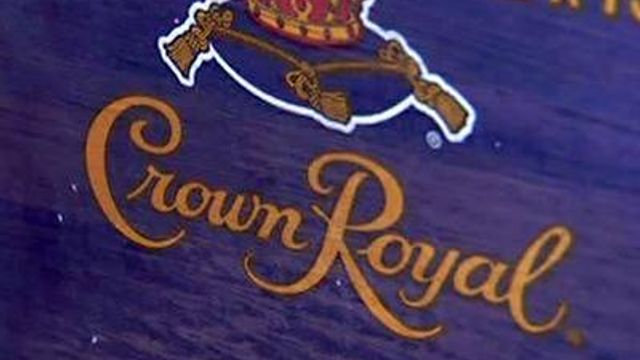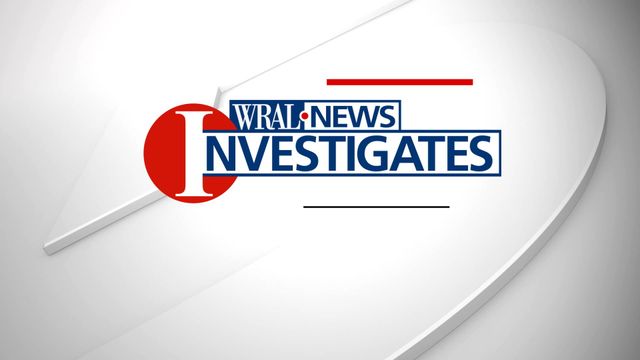WRAL Investigates: Inside the ABC liquor system
North Carolina's ABC liquor system has been under fire for its big bonuses, perks and salaries that are all over the map. Some question whether the system as a whole needs to change, but not everyone knows how the system works.
Posted — UpdatedSome question whether the system as a whole needs to change, but not everyone knows how the system works.
The state's lone liquor warehouse is 200,000-square-feet of liquid gold, filled with approximately $3.5 million worth of alcohol.
“We’ll receive approximately 4.5 million cases a year and ship out the same number,” said ABC Commission administrator Mike Herring.
While the debate lingers over whether to privatize liquor in North Carolina, the warehouse is already run by a private company called LB&B. A bailment fee, or holding fee, is added to each case of liquor to pay LB&B nearly $5 million a year to control distribution.
Every bottle of liquor takes a long road to the local ABC stores. It starts at the distiller and is shipped to the warehouse. Local ABC boards then buy the liquor and sell it to individual customers and local restaurants. The price goes up each step of the way, and the profit means the ABC system gets no taxpayer funds. It's completely receipt driven.
Mark-up of North Carolina's top five selling liquors:
- Aristocrat Vodka 80 – distiller 12-bottle case: $5.79 – after mark ups, $67.04
- Smirnoff Vodka 80 – distiller 12-bottle case: $35.67 – after mark ups, $128.95
- Seagrams Extra Dry Gin – distiller 12-bottle case: $41.99 – after mark ups, $141.91
- Burnetts Vodka 80 – distiller 12-bottle case: $18.46 – after mark ups, $93.96
- Seagram Crown Royal – distiller 12-bottle case: $132.56 – after mark ups, $323.35
With 20 trucks of liquor coming in every day and another 20 going out, each carrying 1,200 cases, Herring says the warehouse is efficient and it might be time for change.
“It does need to be looked at, and again, we will work with the General Assembly and the governor’s office as they remove things to make our system better,” he said.
The system was put in place in the 1930s during the days of moonshine running.
“On the surface, that appears to be an inefficient system today. It worked well maybe 30 years ago,” Herring said.
Now, with the light shining on current troubles of some local ABC boards, lawmakers have the tall task of deciding what, if anything, needs to change in the state's $700 million liquor monopoly.
The governor's Budget Reform and Accountability Commission might take up the ABC issue at its meeting in late February or early March. There was also talk of forming a joint legislative committee to study the ABC system.
Related Topics
• Credits
Copyright 2024 by Capitol Broadcasting Company. All rights reserved. This material may not be published, broadcast, rewritten or redistributed.






